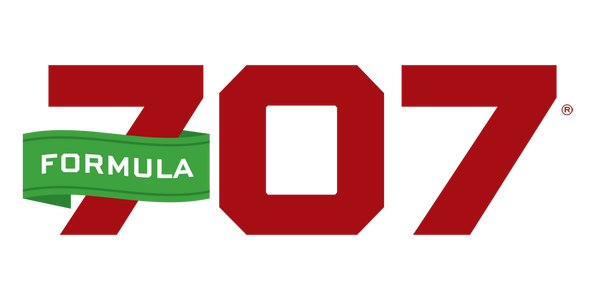Consider the Essentials First
Before you can even start examining your mare’s suitability for breeding, there are some points you need to consider. The following questions will help you determine whether or not you should consider breeding your mare:Is Your Mare a Good Earner?
The answer to this question will help you determine what kind of stallion you need to find for your mare. If your mare has competed, how much has she earned in her lifetime, or how many points has she racked up? Even if you have a mare with an excellent line, it doesn’t necessarily mean her foal will be worth a lot. Instead, the money and points she’s earned will play a vital role in her foal’s value. Image Source: Pxhere
And if she hasn’t earned much from competitions, it would be wise to find a stallion that’s racked up a lot of points or lifetime earnings. This can help increase the foal’s value, and ensures that when and if you part with it, it will have the best chance at a happy and productive future.
Image Source: Pxhere
And if she hasn’t earned much from competitions, it would be wise to find a stallion that’s racked up a lot of points or lifetime earnings. This can help increase the foal’s value, and ensures that when and if you part with it, it will have the best chance at a happy and productive future.
Are You Financially Prepared?
It takes a lot of money to breed and raise a foal. You will have to pay for the breeding contract (stud) fee, first of all. There will be a lot of veterinary fees involved, especially if you choose to breed the mare through artificial insemination, and charges for vaccinations and ultrasounds. You’ll also have to spend extra on maintaining proper nutrition for the mare. Your mare will require a much larger quantity of grain and hay while she is pregnant. And you might even need to feed her supplements to ensure that she gets sufficient nutrition. Of course, the expenses will continue to add up even after the foal comes, meaning you have to be financially prepared before breeding your mare. Image Source: Pxhere
Image Source: Pxhere
Are Your Facilities Suitable for Raising a Foal?
You should also consider beforehand whether your facilities are suitable for raising a foal. If you board your mare, consult the barn owner to ensure that there will be a safe living environment for the foal and a dedicated foaling stall when the time comes. If you have your own property, you’ll need to invest in a foaling stall or make arrangements for your mare to foal at another facility. Although there is some disagreement between different horse owners on where mares can give birth, it’s crucial that there is plenty of space. While wild horses give birth in pastures and most do it successfully, a foaling stall is crucial if there are problems during delivery. A large stall is ideal after you ensure that there are no cracks, holes, or sharp objects. As your mare approaches her due date, the stall should be kept as sterile as possible, with good quality shavings that are frequently changed. Image Source: Pxhere
Image Source: Pxhere

